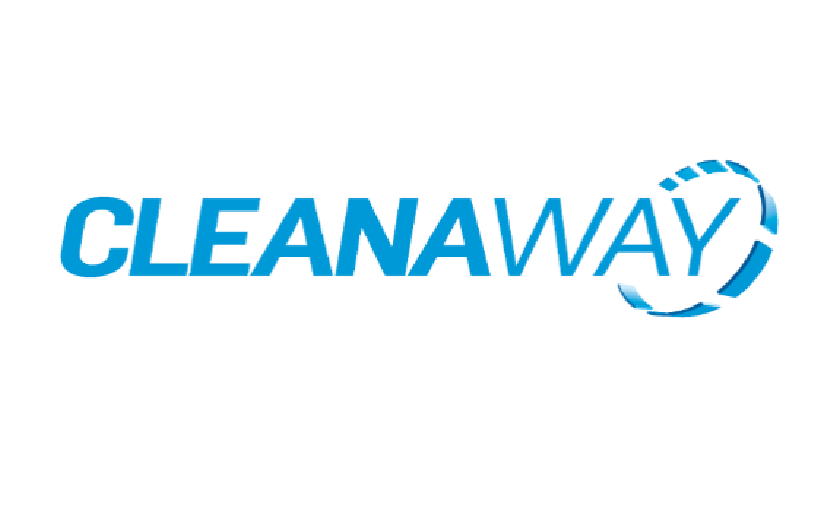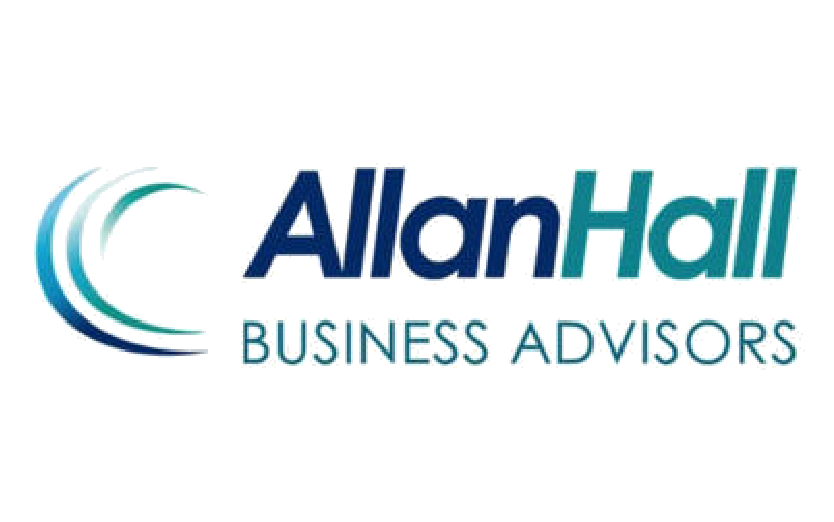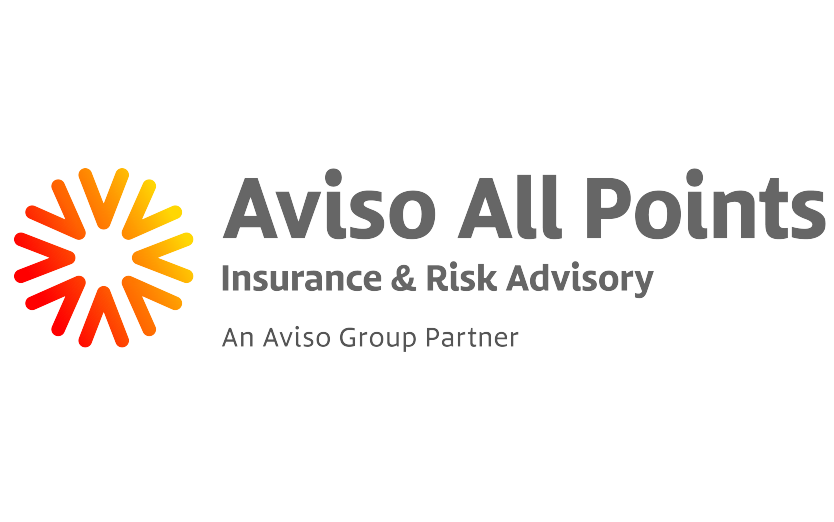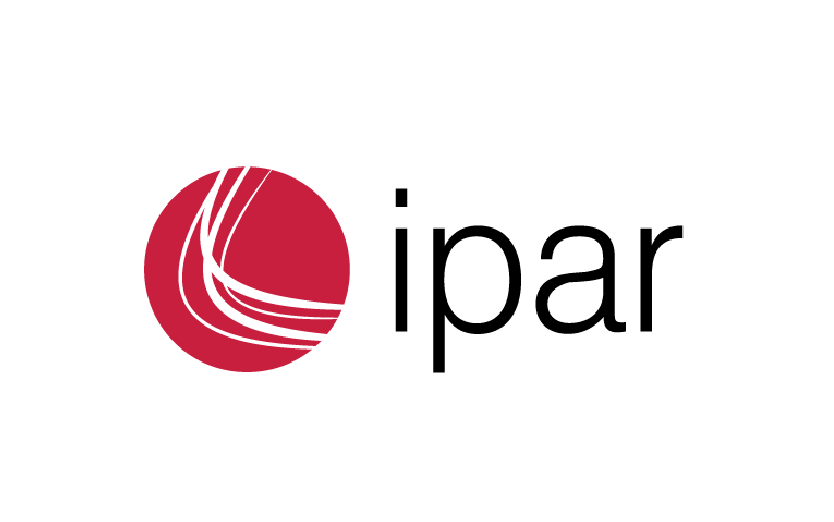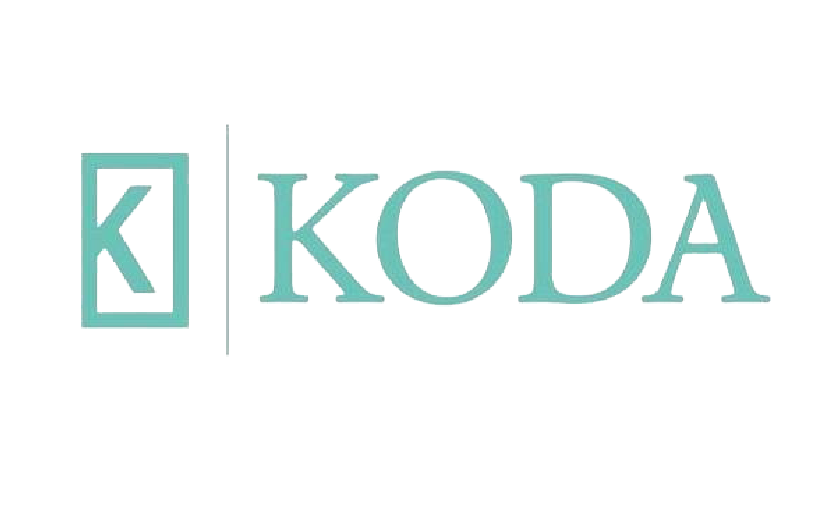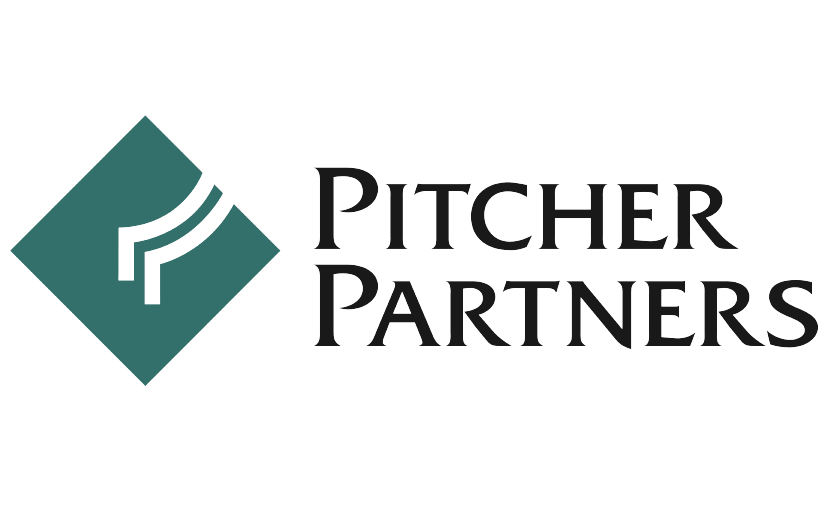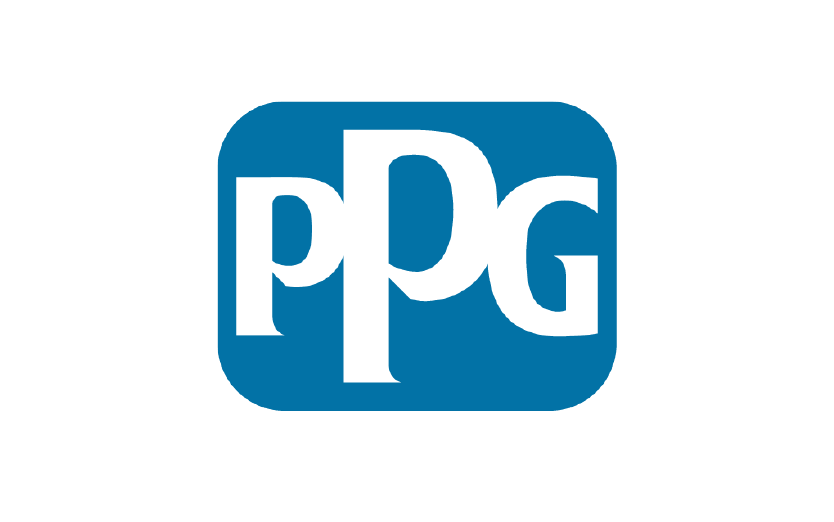Data Security When Offshoring – How to Ensure Compliance

In 2020, there was a total of 1,051 documented data breaches by the Australian Information Commission. Between July and December alone, there were 539 breaches, almost a 20% increase from the same period in 2019. 58% of these data breaches were criminal attacks, whilst 38% were human error-related. And the industries most affected by these data breaches were healthcare, finance and education.
More and more companies have been paying attention to cybersecurity in 2021. But how do businesses ensure data security and privacy for their stakeholders, specifically those engaging in offshoring and offshore managed services?
Secure infrastructure
When choosing an offshore managed services provider, ask about their servers – the specifications, how secure they are from breaches physically and virtually, and what maintenance measures are in place to uphold business continuity. There can be a lot of considerations in terms of data security when offshoring, so their IT team should be able to walk you through everything that you, their potential client, would have to know. If you are able to travel to your desired offshoring location, ask to check their server rooms and ask more about their offshore IT solutions to make sure all your concerns are covered.
Strong IT security
What are they doing to secure networks every day? Offshore IT solutions should include equipping all computers with firewalls, updated antivirus and antispyware, and licensed programs. Check what systems are in place to backup business data. Ask how sensitive data is accessed by staff, and how access can be restricted remotely, especially to those who might want to access information outside office premises.
You should also ask how often and how comprehensive security audits are, how they are reported to clients and the authorities depending on the severity, and what measures they’ll take to be 100% secure.
Compliance with industry standards
Perhaps the most important part about data security in offshoring is knowing what standards your offshore provider complies with. If they are ISO 27001 certified, that means they follow the proper framework of information security management, are legally compliant, and can provide you confidence that you are protected against cyberattacks and misuse of IP.
Certifications like these are renewed every few years, and complying with these standards goes beyond just fulfilling IT requirements. Your offshore managed services provider must be fully compliant so they can fulfill their commitments to their workforce, their clients, and ensure efficiency, sustainability and success in every aspect of the offshoring process.
People training
As a huge percentage of data security breaches are caused by human error, it is prudent for your offshore IT solutions to include training that ensures staff are aligned with the company standards around security, are aware of the implications, and what to do in case of any breaches. It’s best if there’s IT training upon onboarding, and regular seminars in case there are any updates to the systems in the office. Company-wide EDMs reminding them about these trainings, giving them tips about security, and reminding them to prioritise security in all their office activities is an excellent way to help them form good habits around data security.
Data security when offshoring
Data security is a non-negotiable in today’s world where almost every company conducts their business online. To keep being competitive, and protect your intellectual property, and protect your users’ privacy as well, it’s critical to keep a close eye on data security and IT solutions, especially if you’re going the offshore managed services route. Don’t be afraid to ask questions about information technology – these are all important in ensuring offshoring will your work to your advantage.




